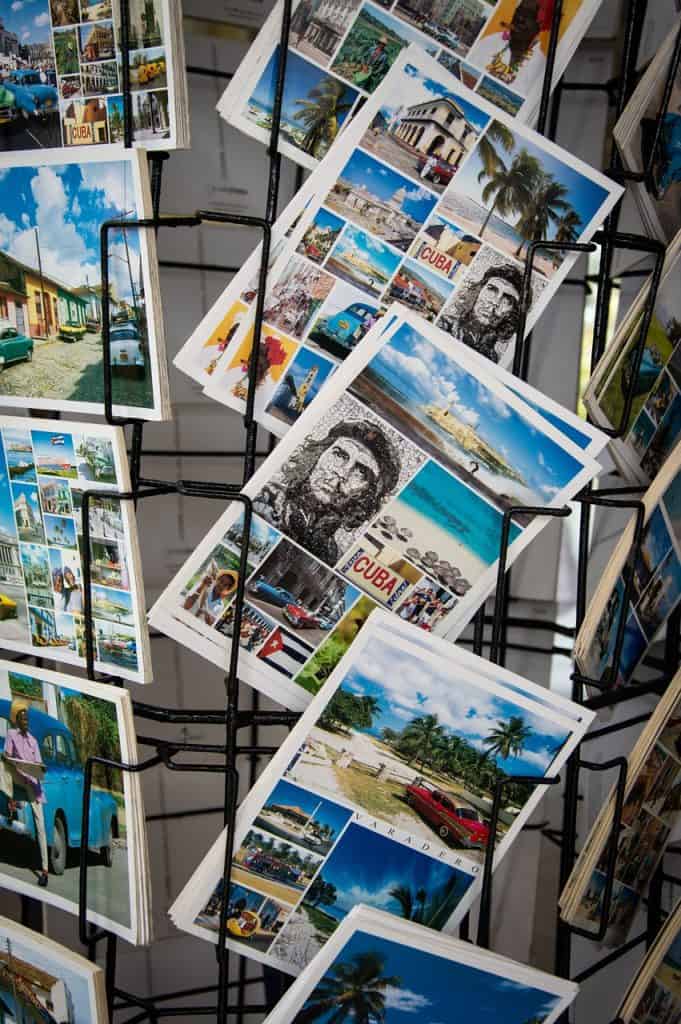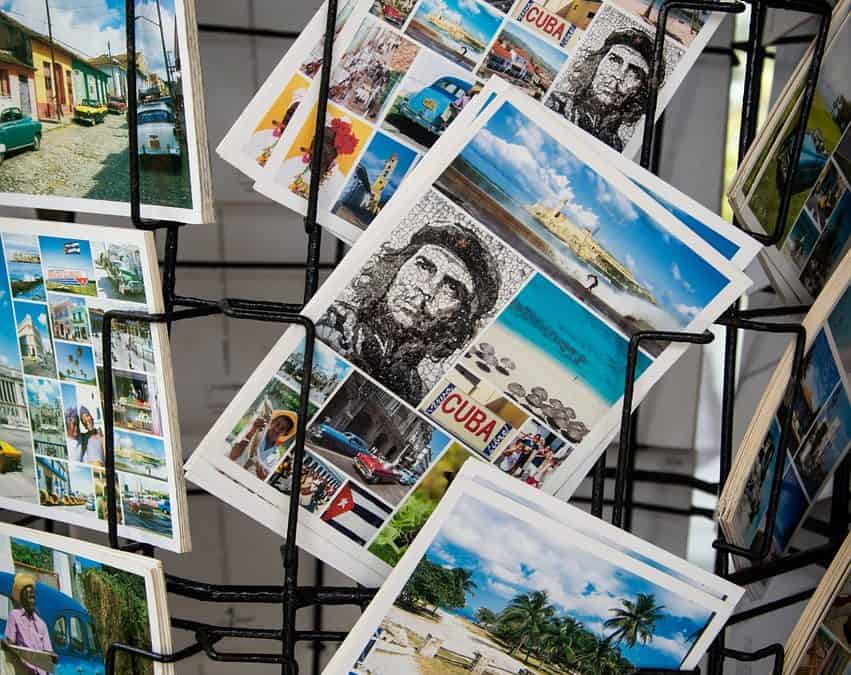So you’ve just had the experience of a lifetime, embarking on an exhilarating African safari and successfully bagging some incredible trophies. Now, the question on your mind is, “How do I transport these extraordinary trophies back home from Africa?” Whether you’re a seasoned trophy hunter or a first-timer, navigating the complicated logistics of transporting trophies can be daunting. Fortunately, there are expert organizations and services out there that specialize in safely and legally transporting your prized possessions, ensuring that your memories and trophies arrive home intact. In this article, we’ll explore the various options available to you and provide some valuable tips to make your trophy transportation journey seamless.
Airline Regulations and Restrictions
When it comes to transporting trophies back home from Africa, it’s crucial to familiarize yourself with the regulations and restrictions enforced by airlines. Different airlines may have varying policies regarding the transportation of hunting trophies, so it’s important to check with the specific airline you plan to fly with. This will help ensure that you are well-informed about any limitations or requirements that might impact your travel plans.
Check the airline’s regulations
Start by checking the airline’s regulations regarding the transportation of hunting trophies. Some airlines may have strict guidelines in place, such as size and weight restrictions or specific packaging requirements. It’s essential to be aware of these regulations to avoid any surprises or potential issues at the airport. The airline’s website or customer service can provide you with the most up-to-date information on their policies.
Determine any specific restrictions
In addition to general regulations, airlines may also have specific restrictions on certain types of trophies or species. Some airlines might have restrictions on transporting certain parts of animals, such as horns or skulls. It’s vital to determine if there are any specific restrictions related to the trophies you are transporting. Make sure to research and understand these restrictions beforehand to prevent any problems during your journey.
Ensure compliance with hunting regulations
Apart from airline regulations, it’s essential to comply with hunting regulations in both the country you’re visiting and your home country. Before embarking on your hunting trip, research the local hunting regulations in Africa to ensure that your activities are legal and permitted. Additionally, familiarize yourself with the regulations and requirements imposed by your home country regarding the importation of hunting trophies. Adhering to these regulations is crucial to avoid legal issues and ensure a smooth transport process.
Professional Shipping and Taxidermy Services
When transporting trophies, it’s essential to consider enlisting the services of reputable professional shipping companies. These companies specialize in handling and transporting valuable and fragile items, providing you with peace of mind throughout the process.
Research reputable professional shipping companies
Take the time to thoroughly research professional shipping companies that have experience in transporting hunting trophies. Look for companies with a solid reputation, positive customer reviews, and extensive knowledge in handling and shipping delicate items. It’s crucial to choose a reliable company that understands the specific requirements and precautions necessary for transporting trophies.
Consider taxidermy services for mounting
While planning the transport of your trophies, it’s worth considering whether you want to have them mounted by a taxidermist. Taxidermy services involve the preservation and mounting of animal trophies to showcase their beauty and significance. If you’re interested in displaying your trophies, research reputable taxidermists who can provide quality work. Keep in mind that taxidermy services may have additional costs and require extra time, but they can enhance the overall enjoyment and appreciation of your trophies.
Understand the costs involved
Transporting trophies typically involves various costs that need to be taken into consideration. Professional shipping companies will charge fees based on factors like the size, weight, and destination of the trophies. Taxidermy services also come with their own costs, which will vary depending on the complexity of the mount and the taxidermist’s rates. It’s important to understand and factor in these costs when planning your transportation, ensuring that you have a realistic budget to cover all expenses.

Export Permits and CITES Certification
Obtaining the necessary permits and certifications are vital steps in ensuring the legal and smooth transport of your trophies. Export permits from the country of origin and CITES (Convention on International Trade in Endangered Species of Wild Fauna and Flora) certification are usually required for the exportation of hunting trophies.
Obtain necessary export permits
Before you transport your trophies, you’ll need to obtain export permits from the country where the hunting took place. These permits serve as documentation that verifies the legality of your trophies and grants permission for their exportation. Contact the appropriate government agency or wildlife authority in the country and follow their procedures to apply for and obtain the necessary export permits.
Check if CITES certification is required
CITES certification is often required when transporting trophies of protected species or specimens that are regulated internationally. CITES is an international agreement aiming to ensure the sustainable trade of endangered species and their parts. Check whether the species you hunted or the trophies you’re transporting fall under CITES regulation. If they do, you’ll need to apply for CITES certification to demonstrate compliance with the international trade regulations.
Follow CITES guidelines and regulations
When transporting trophies covered by CITES regulations, it’s crucial to familiarize yourself with the specific guidelines and requirements outlined by the CITES authority. These guidelines will provide instructions on proper documentation, marking, and transportation procedures to ensure legal compliance. Adhering to CITES guidelines is essential to prevent any legal issues and to contribute to the conservation efforts being made to protect endangered species.
Packaging and Crating
To ensure the safe and secure transportation of your trophies, proper packaging and crating are essential. The right packaging materials and techniques will protect your trophies from damage during transit and handling.
Choose appropriate packaging materials
Selecting the right packaging materials is crucial to safeguarding your trophies. Use sturdy and durable materials that can withstand the rigors of transportation. Depending on the size and nature of your trophies, options may include boxes, crates, or custom-built containers designed specifically for transporting valuable items. Consider using materials such as foam or bubble wrap to provide cushioning and protection.
Securely crate the trophies
Properly crating your trophies is essential to prevent movement and minimize the risk of damage during transport. Ensure that the trophies are securely placed within the packaging, utilizing appropriate padding and support. If necessary, consult with professional shipping companies or taxidermists regarding the best practices for crating specific types of trophies. By securely crating your trophies, you increase the likelihood of their safe arrival at your desired destination.
Label the packages correctly
Clearly labeling your packages is an often overlooked but vital step in the transportation process. Make sure to label each package with your contact information, including your name, address, and phone number. It’s also beneficial to include any relevant identification numbers or tracking codes provided by the shipping company. Proper labeling can help ensure that your trophies are correctly identified and that they reach the intended recipient without any complications.

Customs and Declaration Forms
Navigating the customs procedures and completing necessary declaration forms are essential to ensure a hassle-free transport process for your trophies.
Familiarize yourself with customs procedures
Before traveling, familiarize yourself with the customs procedures in both the country of export and the destination country. Understanding the necessary documentation, inspection requirements, and customs regulations will help facilitate a smoother process. Research the customs authority websites or consult with professionals experienced in international transportation to gain a comprehensive understanding of the customs procedures involved.
Complete necessary declaration forms
Most countries require declaration forms to be completed when importing or exporting goods, including hunting trophies. These forms provide details about the items being transported and declare their value. Ensure that you complete all required declaration forms accurately and honestly, as providing false or incomplete information can lead to significant delays, penalties, or even legal consequences.
Provide all required supporting documents
Supporting documents, such as export permits, CITES certifications, or invoices, may be necessary to accompany your declaration forms. These documents serve as evidence of the legitimacy and ownership of your trophies. Make sure to gather and provide all required supporting documents as requested by the customs authorities. Keeping organized records of these documents throughout the transportation process will enable you to quickly and efficiently complete the necessary paperwork.
Transportation Options
When it comes to transporting your trophies back home from Africa, you have several options to consider. Evaluating the available transportation methods, their associated costs, and transit times will help you make an informed decision.
Consider shipping by air or sea freight
Air and sea freight are the two primary transportation options for shipping trophies. Shipping by air is typically faster but comes at a higher cost. On the other hand, shipping by sea freight is generally slower but offers more cost-effective options, especially for larger and heavier trophies. Consider your budget, timeframe, and the size of your trophies when deciding between these two modes of transportation.
Evaluate costs and transit times
Cost and transit time are crucial factors to assess when selecting your transportation method. Obtain quotes from various shipping companies and compare the costs associated with both air and sea freight. Keep in mind that transit times can vary significantly depending on the destination and transportation method chosen. Evaluate these factors to determine which option best aligns with your budget, timeframe, and specific requirements.
Choose a reliable transport method
Selecting a reliable transport method is essential to ensure the safe and timely delivery of your trophies. Research and choose reputable shipping companies with expertise in transporting valuable and delicate items. Consider factors such as their track record, customer reviews, and the level of insurance coverage they provide. Inquire about the security measures taken during transport and any guarantees or compensation policies they offer in case of damage or loss.

Insurance Coverage
When transporting your trophies, it’s crucial to assess the need for insurance coverage. Insuring your trophies can provide financial protection against potential risks, ensuring that you are compensated in the event of loss, damage, or theft.
Assess the need for insurance coverage
Consider the value and significance of your trophies when determining if insurance coverage is necessary. Valuable or sentimental trophies may warrant insurance to mitigate the financial risk associated with transport. Assessing the potential losses you could incur and weighing them against the cost of insurance will help you make an informed decision.
Research insurance options for transport
Research and compare insurance options specifically tailored for the transport of valuable items or hunting trophies. Look for insurance providers who have experience in covering these types of specialized shipments. Pay close attention to the coverage provided, including items such as loss, damage, theft, or public liability. Analyze the terms, conditions, and exclusions of each policy to ensure that it aligns with your needs and provides the necessary protection.
Ensure proper coverage for potential risks
When selecting an insurance policy, ensure that it adequately covers the potential risks your trophies may face during transport. Review the coverage limits, exclusions, and deductibles to understand the level of protection provided. In some cases, supplemental insurance coverage may be necessary to ensure proper coverage for the full value of your trophies. Communicate with the insurance provider to address any questions or concerns and ensure that you have the appropriate coverage in place.
Local Hunting Regulations and Compliance
Complying with local hunting regulations is central to responsible hunting and transporting trophies ethically and legally. Familiarizing yourself with the hunting laws of your destination is crucial to ensure compliance.
Understand and adhere to local hunting laws
Before embarking on a hunting trip in Africa, research and understand the local hunting laws and regulations. Each country may have specific rules regarding permitted hunting seasons, allowed species, bag limits, and hunting methods. Being knowledgeable about these regulations will help you plan and conduct your hunt in a responsible and legal manner.
Seek guidance from professional hunters
To ensure compliance with local hunting laws, it is highly recommended to seek guidance from professional hunters or outfitters experienced in the region. They possess valuable knowledge and expertise about the local hunting regulations, management practices, and ethical considerations. Professional hunters can provide guidance and advice on legal hunting opportunities, sustainable practices, and regulations specific to the area you plan to hunt in.
Avoid prohibited hunting practices
Responsible hunting involves avoiding prohibited hunting practices that can harm wildlife populations or ecosystems. Examples of prohibited practices may include hunting without the necessary permits, hunting endangered or protected species, or engaging in unethical hunting methods. It is essential to understand what is considered legal and ethical hunting under local regulations to ensure compliance and contribute to the sustainable conservation of wildlife.
Prohibited and Protected Species
Identifying prohibited and protected species is crucial to prevent unintentional violations of wildlife protection laws. Knowing the legal implications of possessing such species is essential for responsible trophy transportation.
Identify prohibited and protected species
Familiarize yourself with the list of prohibited and protected species in Africa, both at the international and national level. These species are typically protected due to their conservation status, and hunting or exporting them may be strictly regulated or entirely prohibited. By identifying these species, you can plan your hunt accordingly and avoid any activities that may harm wildlife populations or violate legal requirements.
Know the legal implications of possession
Understanding the legal implications of possessing prohibited or protected species is critical. Possessing and transporting trophies of these species without the necessary permits or certifications can result in significant legal consequences, including fines, confiscation of trophies, or even imprisonment. Ensure that you are well-informed about the legal requirements pertaining to possession and transportation of trophies related to prohibited and protected species.
Report any endangered species sightings
As an ethically responsible hunter and traveler, it’s vital to report any sightings of endangered species. Observing and reporting these sightings can aid in the preservation and conservation efforts for these species. Promptly communicating these observations to local wildlife authorities or conservation organizations can contribute to the monitoring and protection of endangered species, ensuring their long-term survival.
Relevant Documentation and Records
Maintaining accurate documentation and records throughout the transportation process is crucial. These records serve as evidence of the legality and origin of your trophies, ensuring a smooth importation process when you arrive back home.
Maintain accurate documentation and records
From the moment you embark on your hunting expedition, keep detailed records of all relevant documentation. This includes permits, licenses, shipping invoices, CITES certificates, and any other paperwork associated with your trophies. Accurate documentation will facilitate the importation process and help address any potential issues that may arise.
Keep copies of permits and certificates
Make copies of all permits, certificates, and other important documents related to your trophies. It’s recommended to have both physical copies and digital copies stored securely. Keeping duplicates ensures that you have backup records in case the original documents are misplaced or damaged during transport. Having copies readily available will expedite the importation process and assist in resolving any potential disputes or inquiries.
File necessary paperwork for importation
Before you embark on your return journey, research and understand the importation requirements of your home country. Familiarize yourself with the necessary paperwork, customs procedures, and any specific regulations concerning the importation of hunting trophies. Ensure that you submit all required paperwork and fulfill any additional customs requirements promptly and accurately. By completing the necessary paperwork beforehand, you can facilitate a smooth importation process and minimize any potential delays or complications.
Transporting trophies back home from Africa requires careful planning, adherence to regulations, and consideration of various factors. By following the outlined steps and understanding the importance of each stage, you can ensure that your trophies arrive safely and legally, allowing you to cherish and commemorate your hunting experiences for years to come. Remember to conduct thorough research, seek guidance when needed, and prioritize compliance with local and international regulations to ensure responsible hunting and trophy transportation.











